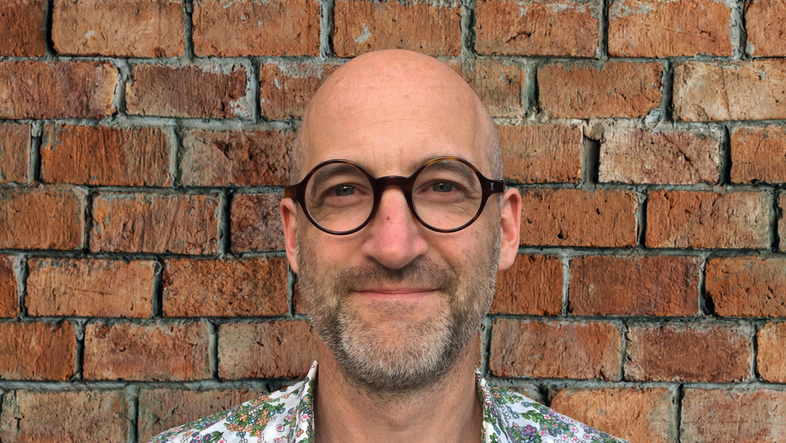"If we want a future it will be material"
Rudolphina: What fascinates you most about materials research and what sparked your interest in the topic?
Mark Miodownik: When I was 16 years old I was stabbed on the London Tube. After I had recovered and left hospital I found out that my attacker had used a tiny thin piece of steel to almost kill me, it was a razor blade. I became fascinated by materials after that. I wanted to know how metals could be so strong and sharp. My quest has continued ever since.
Rudolphina: Which materials do you regard as game changers – in the history of mankind and for the future?
Mark Miodownik: Archeologists have named the Ages of Civilization after materials because they are 'game changers'. Thus, human civilization was propelled out of the Stone Age by the development of copper, then bronze then steel. However, this misses out many transformative materials such as wood, glues, paper, ceramics, glass, etc. In the modern era the development of new materials has brought into being the Computer Age, which all relies on silicon chips. Even the digital AI technology is very material, it relies on huge amount of computer hardware and energy generated from solar cells, which again is another silicon technology.
Rudolphina: Why do new materials play such a crucial role addressing the challenges of the future?
Mark Miodownik: We are the materials and they are us. Without materials we are naked and shivering in the mud. Everything is made of something. To be human is to have a material culture. If we want a future it will be material.
Rudolphina: What are currently the biggest challenges when it comes to researching or developing new materials?
Mark Miodownik: We used to develop new materials for say, smart phone screens, to have the best properties. In this case for example: hard, tough, strong, chemically unreactive, optically transparent, electrically activated, and long lasting. But now we need to understand sustainability and pollution and ethical concerns long before we begin production. In this case carbon emissions, air, water and soil pollution, modern slavery concerns ect.
Rudolphina: Do you have a favourite material?
Mark Miodownik: Chocolate
Rudolphina: If you could develop a new, “perfect” material, what properties should it have and how would it be used?
Mark Miodownik: Ah, the search for a perfect material. An age old pursuit. It’s the language of Alchemy and the search for the philosopher’s stone – a material that is the essence of matter. A material that can turn lead into gold. A myth but an alluring one. These days we view materials more like people, some are strong and tough, others are vibrant and magnetic, but no one (or material) is perfect.
Rudolphina: What will you be talking about in your keynote on January 15th?
Mark Miodownik:
In this lecture I consider the future of materials to assess the possible technical advances and their impact on engineering, society and culture. Themes such as sustainable cities, energy security, food security and healthcare are explored in terms of their materials requirement needs and our likelihood of achieving them.
To deal with issues such as plastic pollution and climate change all materials and products in future will need to be part of a circular economy – they need to be designed primarily for repair and reuse, with recycling as the last resort. But how far away is that future? Almost all current products and ma-terials in our homes and cities fail this circularity test. Thus, the task is enormous and means that we will need to redesign practically everything – and do it fast. In this talk I address the challenges of this paradigm shift and show that one of the striking implications is that consumerism as an economic model is incompatible with climate and biodiversity goals.
- At the panel discussion on 15 January Mark Miodownik will discuss with chemist Leticia González, urban researcher Kerstin Krellenberg (both from the University of Vienna), Climate Lab director Gebhard Ottacher and designer Heike Stuckstedde (both Uni Wien Alumni) at the Main Ceremonial Hall of the University of Vienna. Please register here!
